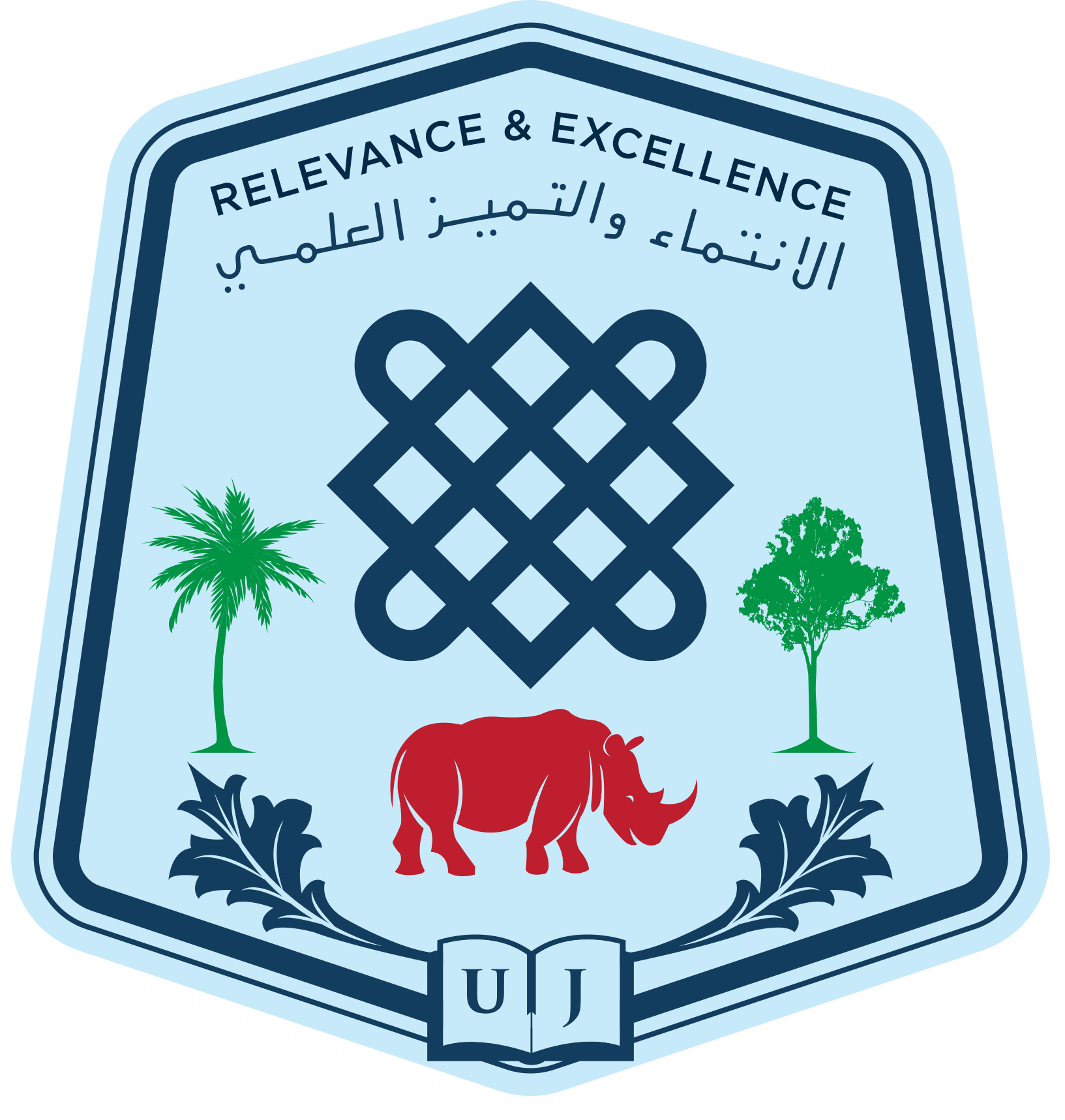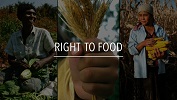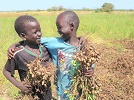Author
Jacob K. Lupai
Department of Agricultural Sciences, College of Natural Resources and Environmental Studies, University of Juba,
South Sudan.
ABSTRACT.
The study on access to food when it is available and affordable is to increase the knowledge of the
extent the right to food is recognized and protected as a human right in South Sudan. The objective of
the research is to determine the level of state’s obligation in protecting the right to food and the level of
food availability. Secondary data is reviewed in contrast to where a questionnaire field survey is carried
out. The results show that South Sudan is among the most food insecure countries with as high as 33%
of the population depending on food aid for nutrition. At least one million people are severely food
insecure. In addition, investment in the agricultural sector is limited with budgetary allocation to the
sector as low as 0.1% of the total budget. South Sudan has limited legal obligation to recognize and
protect the right to food because it is not explicitly stipulated in the Transitional Constitution, 2011 and
neither in any other legal instrument. However, South Sudan is a party to the Convention on Economic,
Social and Cultural Rights, 1966, which confirms that the States Parties recognize the right of everyone
to adequate food and the fundamental right to be free from hunger. In contrast, in developed countries
such as the United Kingdom those with limited means are entitled to social security benefits which
include income support so that people have access to food.
Download the full article on the link below.




